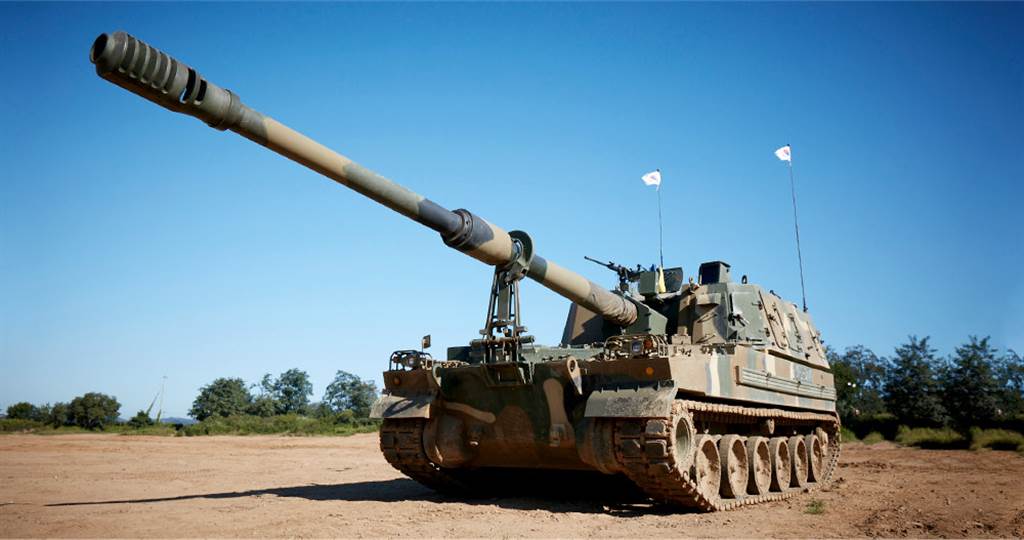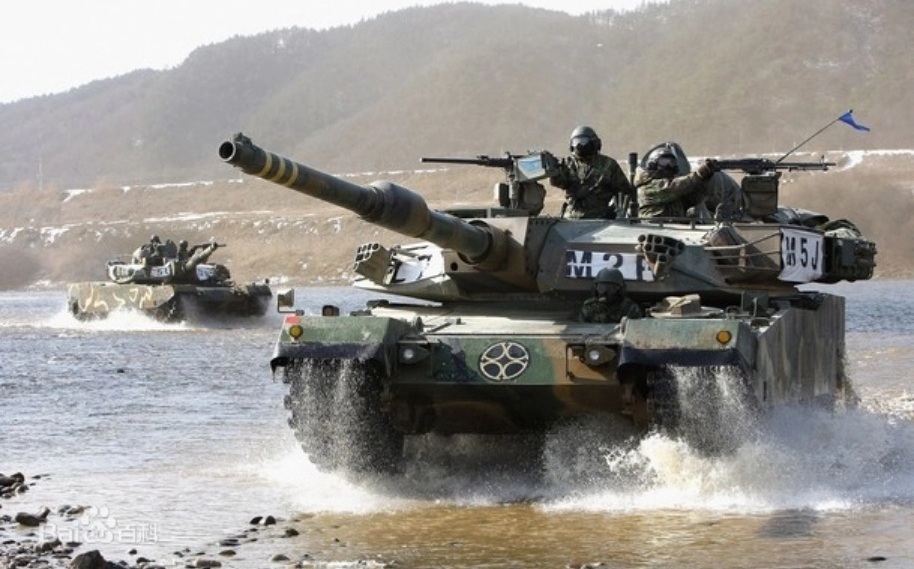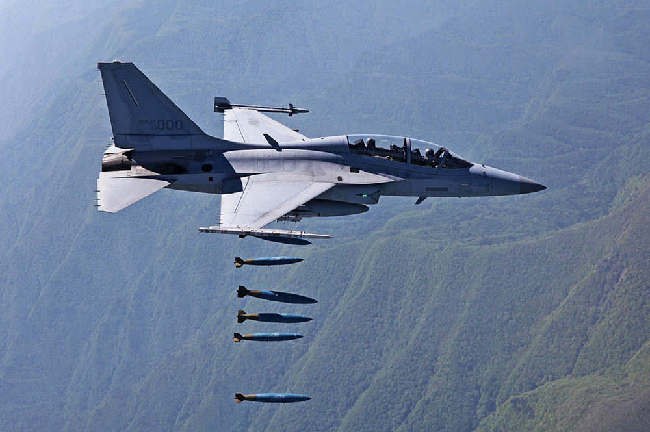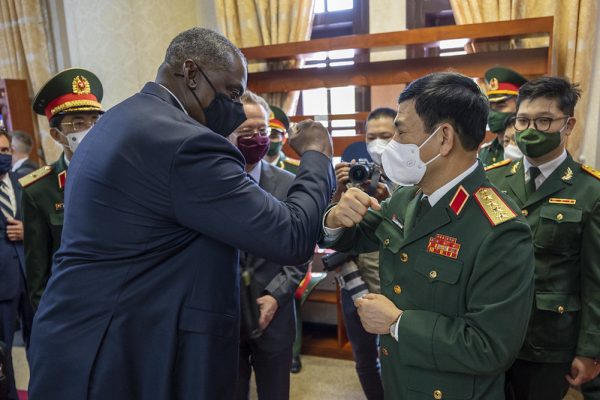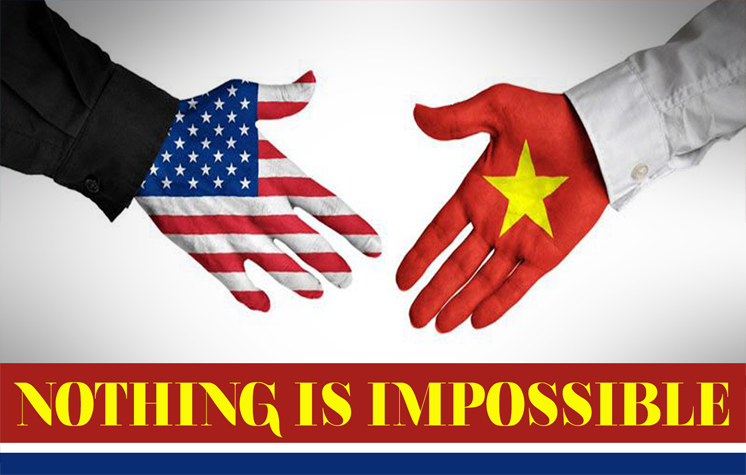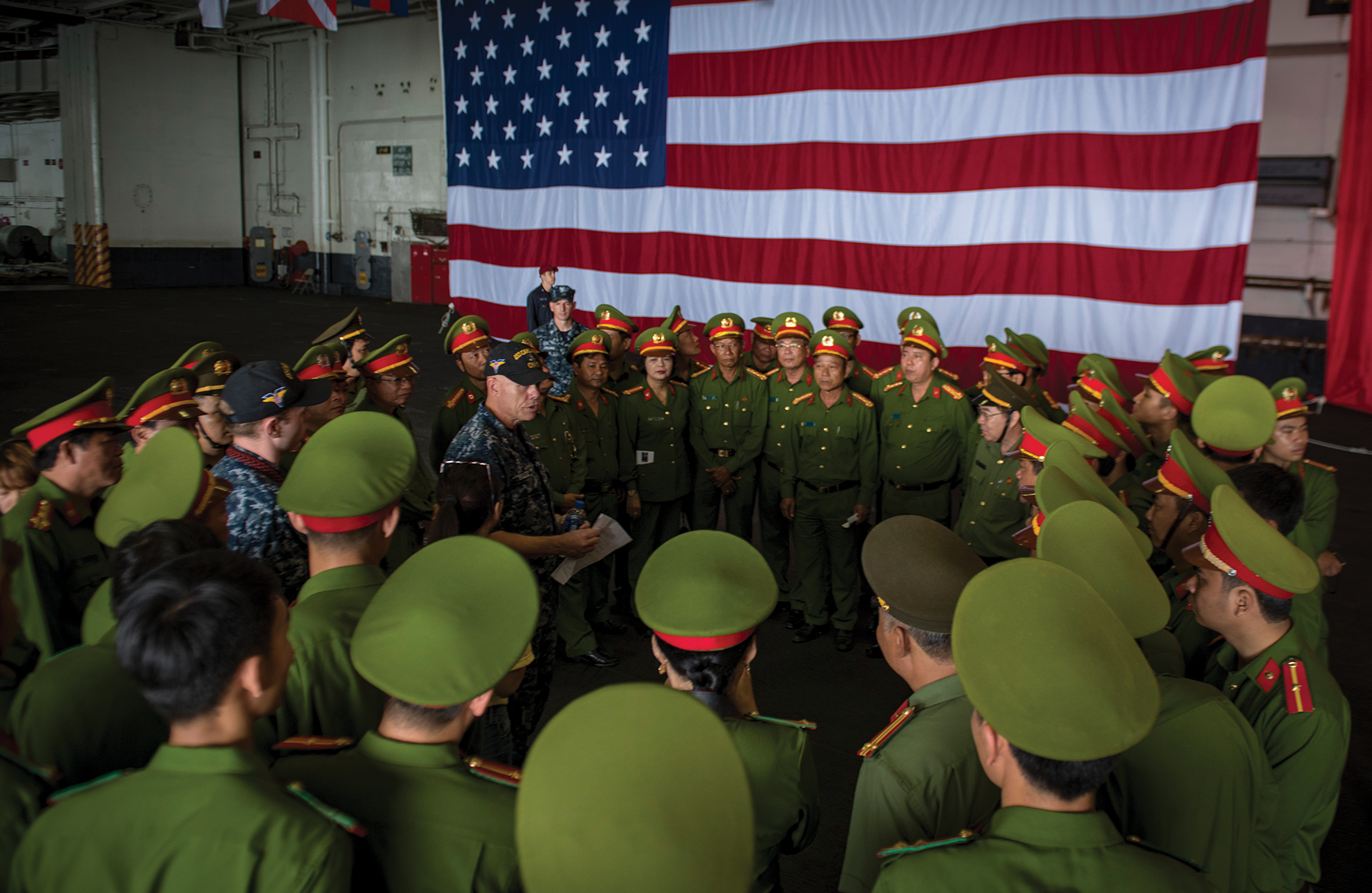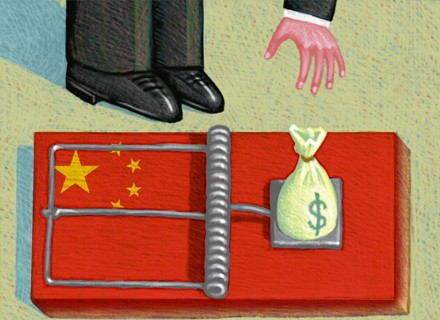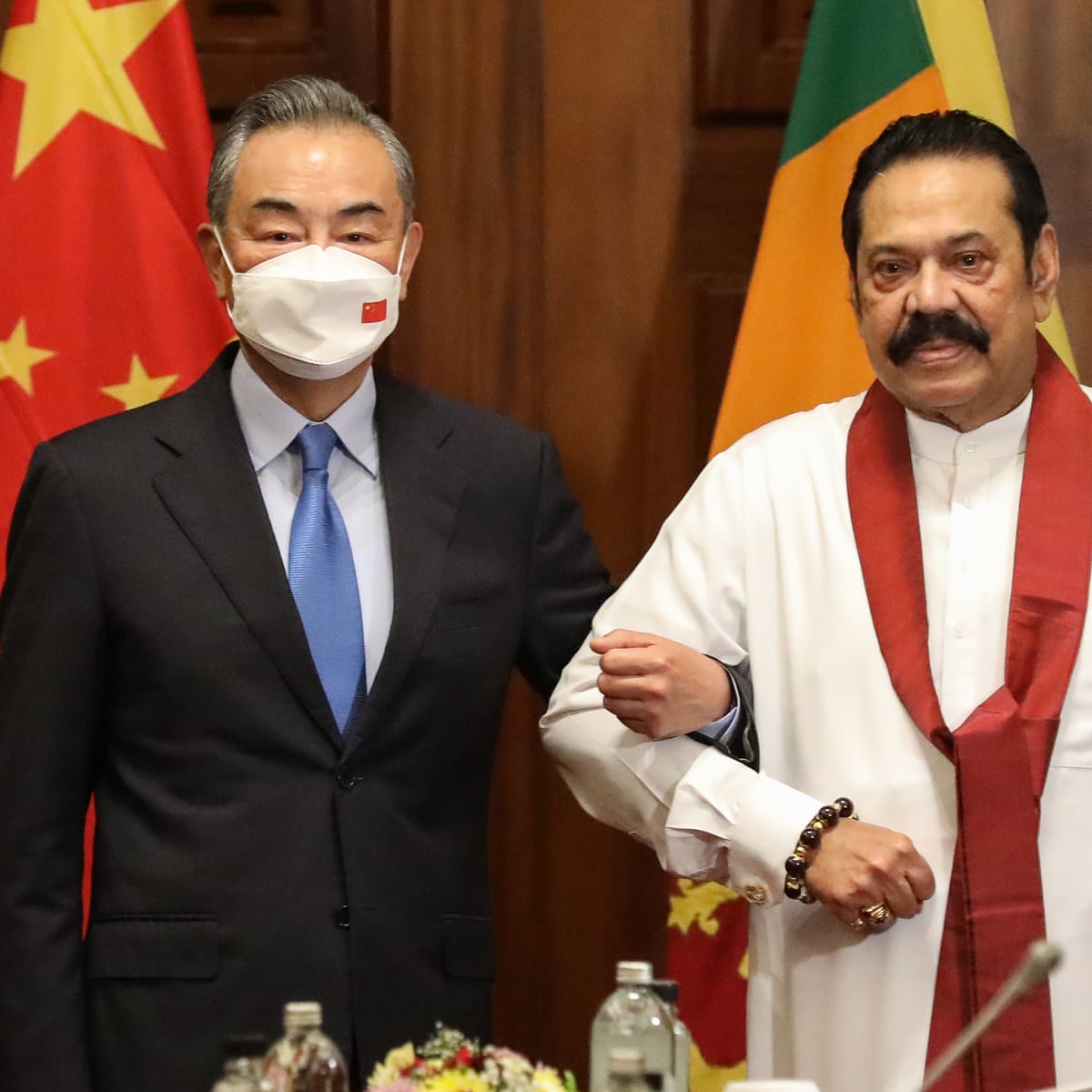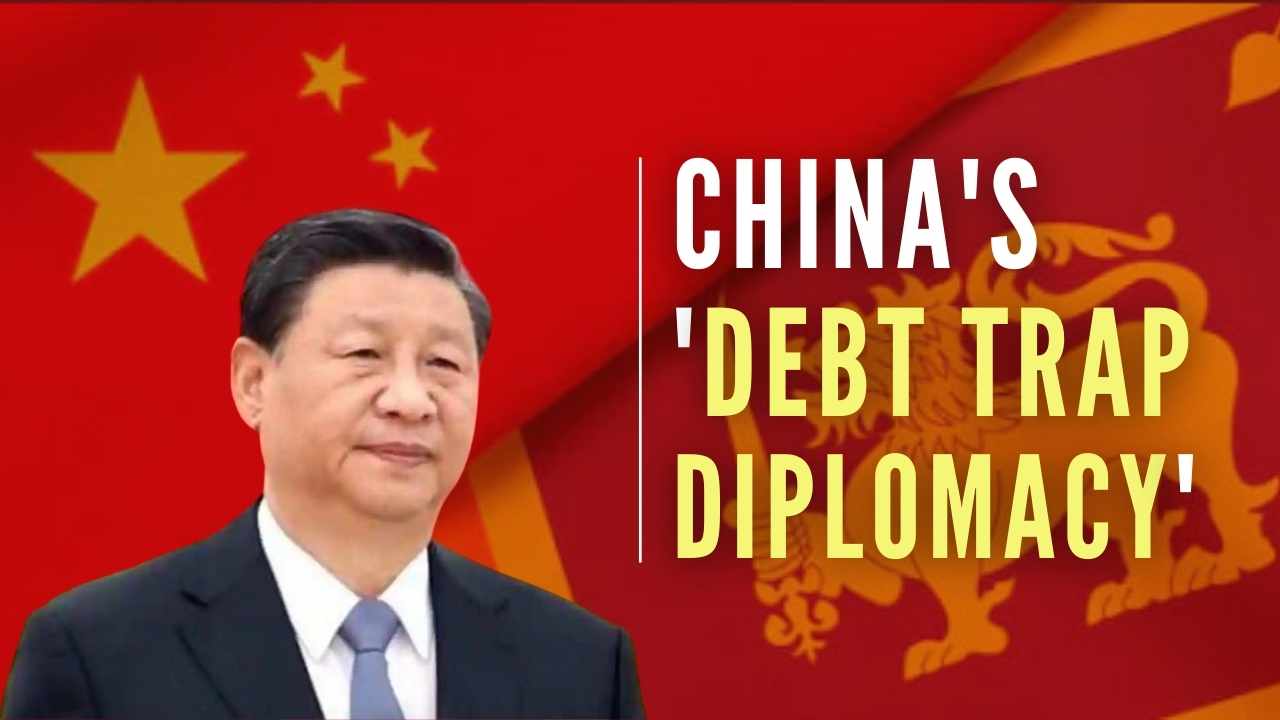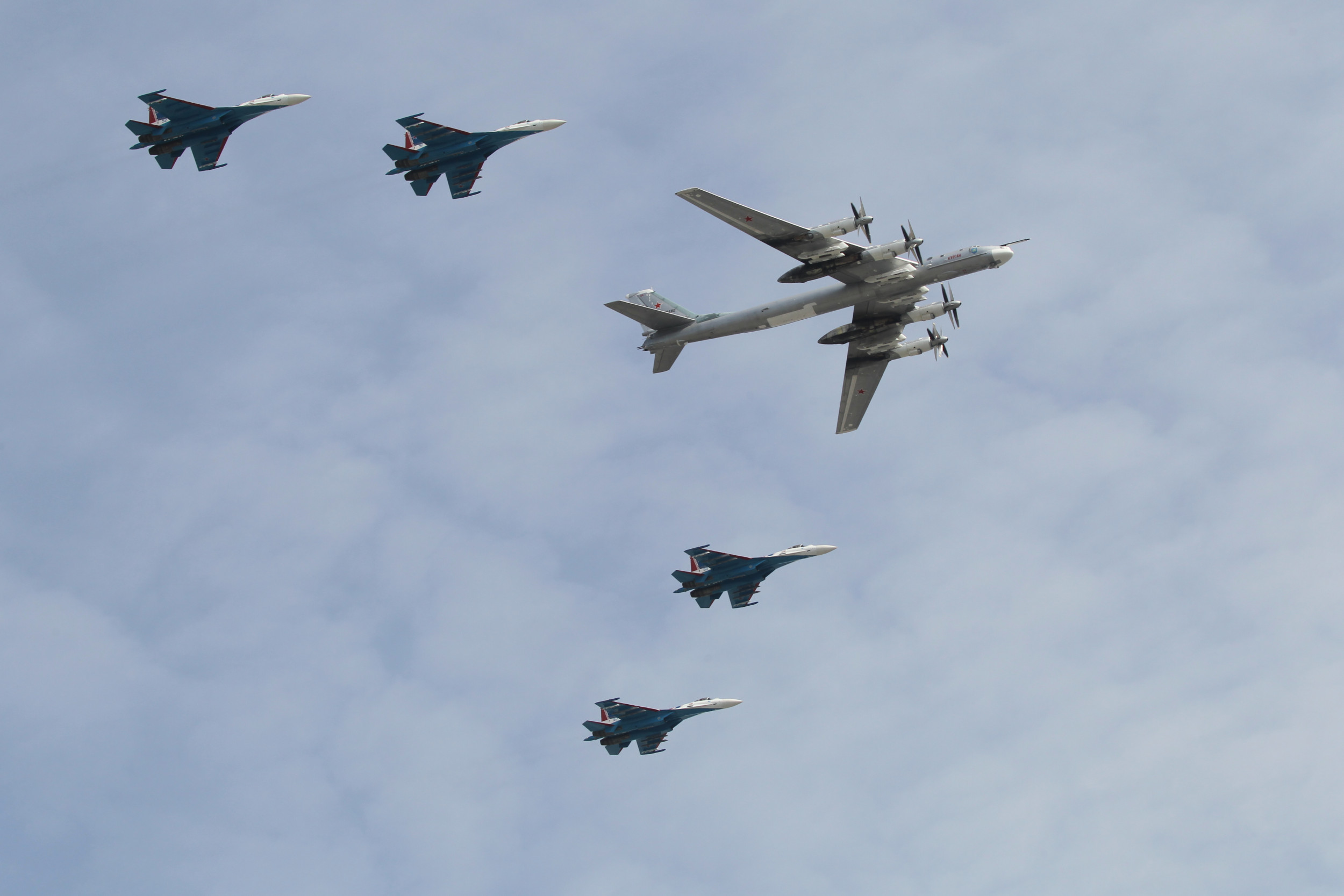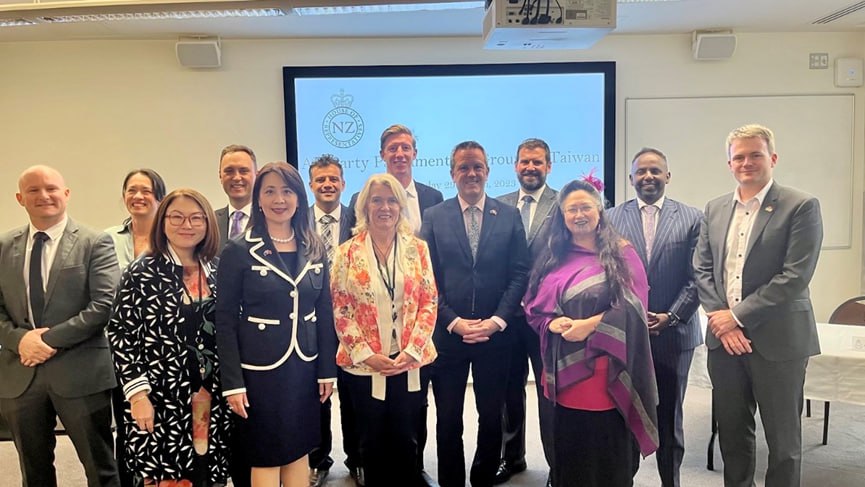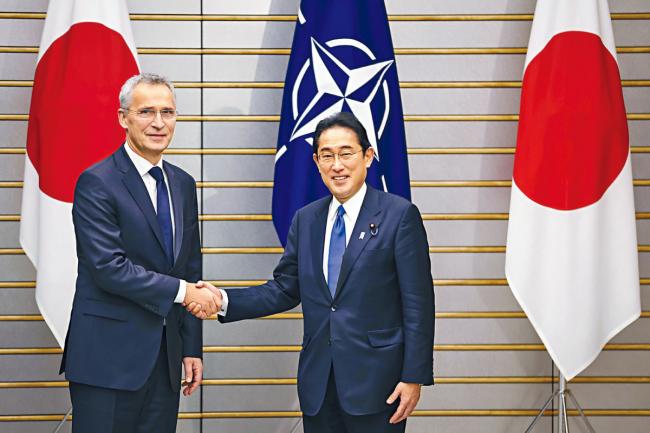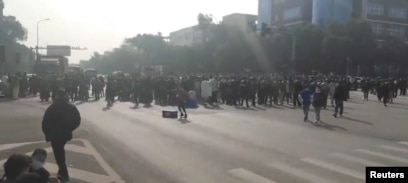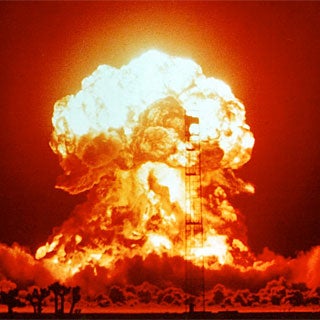
Xi Jinping - China facing ‘more complex’ security challenges, warns of ‘worst-case’ situation
“The
‘worst-case scenarios’ might include a nuclear war, a devastating war
that ruins China’s coastal economic belts [or] Western sanctions on
China’s energy, finance and food supply,”
 Officials must stay ‘keenly aware’ of challenges and prepare for ‘most extreme scenarios’, President Xi Jinping tells National Security Commission
Officials must stay ‘keenly aware’ of challenges and prepare for ‘most extreme scenarios’, President Xi Jinping tells National Security Commission
Comments show China harbours no ‘illusions’ about fallout of US rivalry and has little hope of a lasting improvement in ties, analysts say
China is facing more complex and difficult national security concerns, President Xi Jinping warned on Tuesday, in comments analysts said showed the country harboured no “illusions” about the possible damaging effects of its rivalry with the US and had little hope of a lasting improvement in ties.
The remarks from Xi came as he chaired a meeting of the National Security Commission, his first since securing an unprecedented third term as leader of China’s ruling Communist Party at its 20th congress in October. Xi heads both the commission and the Chinese military.
He said the country’s security apparatus needed to stay “keenly aware” of the complicated and challenging circumstances facing national security, and correctly grasp major related issues, according to state news agency Xinhua.
The national security issues facing China were “considerably more complex and much more difficult” to deal with, Xinhua reported Xi as saying, as he urged officials to be ready to deal with “worst-case and most extreme scenarios”, so that they could withstand “high winds and waves and even perilous storms”.
Xi’s remarks come as rival powers China and the United States continue to lock horns on many fronts. Both sides have stepped up national security scrutiny, especially in the technology sector, with the US slapping sanctions on a slew of Chinese companies in the past few years citing security concerns.
In March, in a rare public comment on the US tech rivalry, Xi directly named Washington for leading the Western suppression of China.
China recently prohibited its key infrastructure operators from buying products made by US memory chip maker Micron Technology, citing “relatively serious” cybersecurity risks. Chinese security officials have also carried out raids on a few foreign and local consultancy and business intelligence firms.
Minutes from Tuesday’s meeting published by Xinhua said China needed to speed up the modernisation of the national security system and capabilities, to make sure they were practical and effective. The country’s security apparatus was urged to improve oversight of internet data and artificial intelligence, according to the readout.
The meeting also approved the speedy implementation of a nationwide security risk monitoring and early warning system, and stronger public education on national security.
National security was a major part of Xi’s work report opening the 20th party congress in October, when he vowed to strengthen safeguards in key sectors including the economy, major infrastructure, finance and telecoms networks, as well as improve data, biological, resources, nuclear, space and maritime security.
Xi had also sounded a warning then about choppy waters and “dangerous storms” ahead, as he highlighted the challenges and risks facing the country.
According to Xie Maosong, senior fellow at Beijing’s Taihe Institute and a senior researcher at Tsinghua University’s National Strategy Institute, Xi’s latest remarks showed China had “no rosy illusions” about the potentially devastating outcome of the US rivalry and was making serious efforts to prepare for it.
“The ‘worst-case scenarios’ might include a nuclear war, a devastating war that ruins China’s coastal economic belts [or] Western sanctions on China’s energy, finance and food supply,” Xie said.
“The better China is prepared for these, the less likely such scenarios will actually happen.”
Other likely challenges could be “a new pandemic” or “a major earthquake and other disasters caused by extreme weather”, he added.
An unwinnable conflict? The US-China trade war, 5 years on
Alfred Wu, an associate professor at the National University of Singapore’s Lee Kuan Yew School of Public Policy, said Xi’s remarks meant Beijing was convinced that recent minor improvements in Sino-US relations would be short-lived.
“Xi has named the US as the culprit behind China’s problems,” Wu said.
“Some mainland scholars have also openly expressed pessimism about the Sino-US relationship, saying the deterioration was due to domestic political dynamics in China and the US. No matter how many dialogues, there will be no fundamental improvement [they have said]. I think it is a very honest assessment.”
In a sign of the importance accorded to security work, the commission meeting was attended by three members of the Politburo Standing Committee, the party’s core leadership line-up.
They were Premier Li Qiang, Zhao Leji – chairman of China’s top legislative body, and Xi’s chief of staff Cai Qi, according to Xinhua.
Chinese President Xi Jinping unveils new line-up of country's top decision-making body
Xinhua did not provide details of the role of Cai, whose formal title is director of the General Office of the party’s Central Committee, in the new commission line-up decided at the October congress.
But Xie said Cai’s presence might indicate he had taken over as the chief of the commission’s general office from his chief of staff predecessor Ding Xuexiang, according to past convention.
Ding, who is also a Politburo Standing Committee member, now serves as an executive vice-premier.
Xi proposed the setting up of the National Security Commission in 2013 and has headed it since its inception.
Its meetings are usually attended by the heads of a wide range of government and party bodies for discussions on domestic and foreign security challenges, including sovereignty issues, security, development interests, political security, social stability, and cyber and biosecurity matters.
Cai is no stranger to the commission. He was transferred to Beijing to work as the deputy chief of its general office in March 2014, two months after the party leadership finalised the initial line-up of the powerful agency tasked with streamlining national security coordination across various ministries.



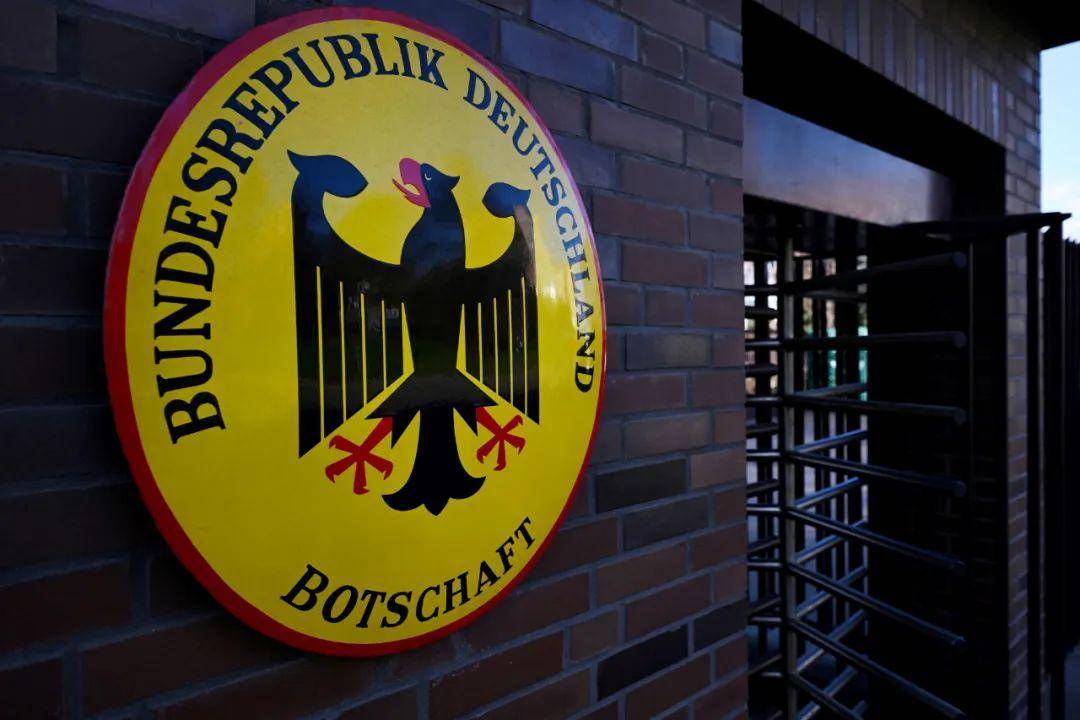


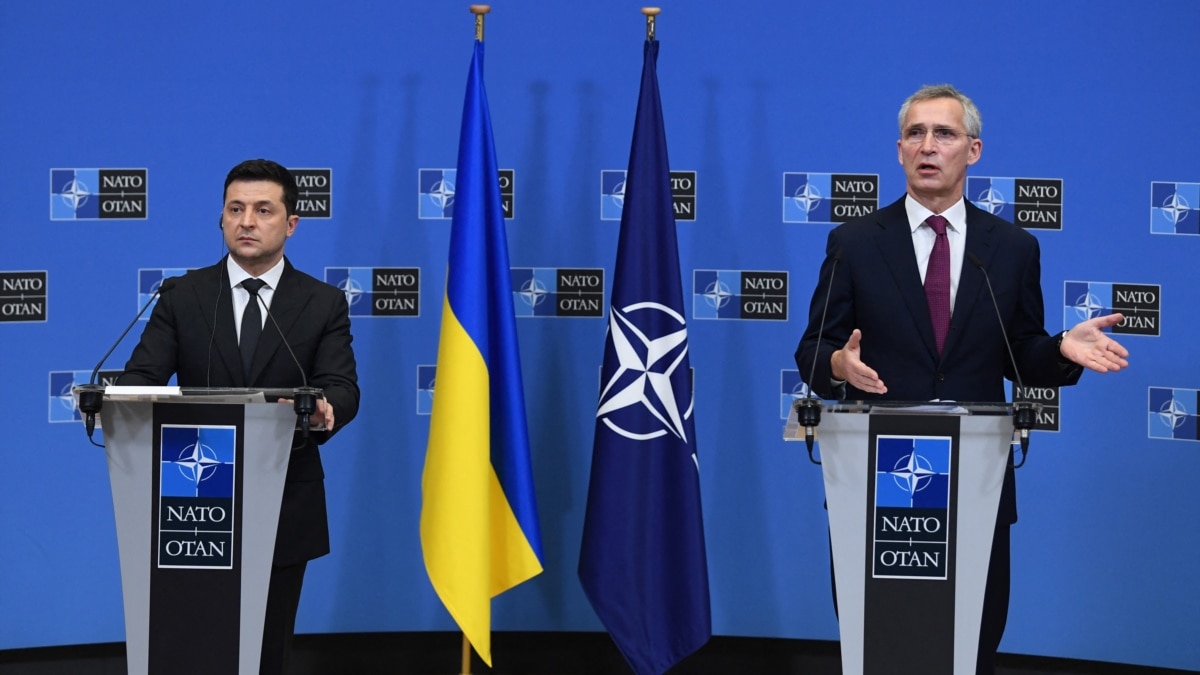
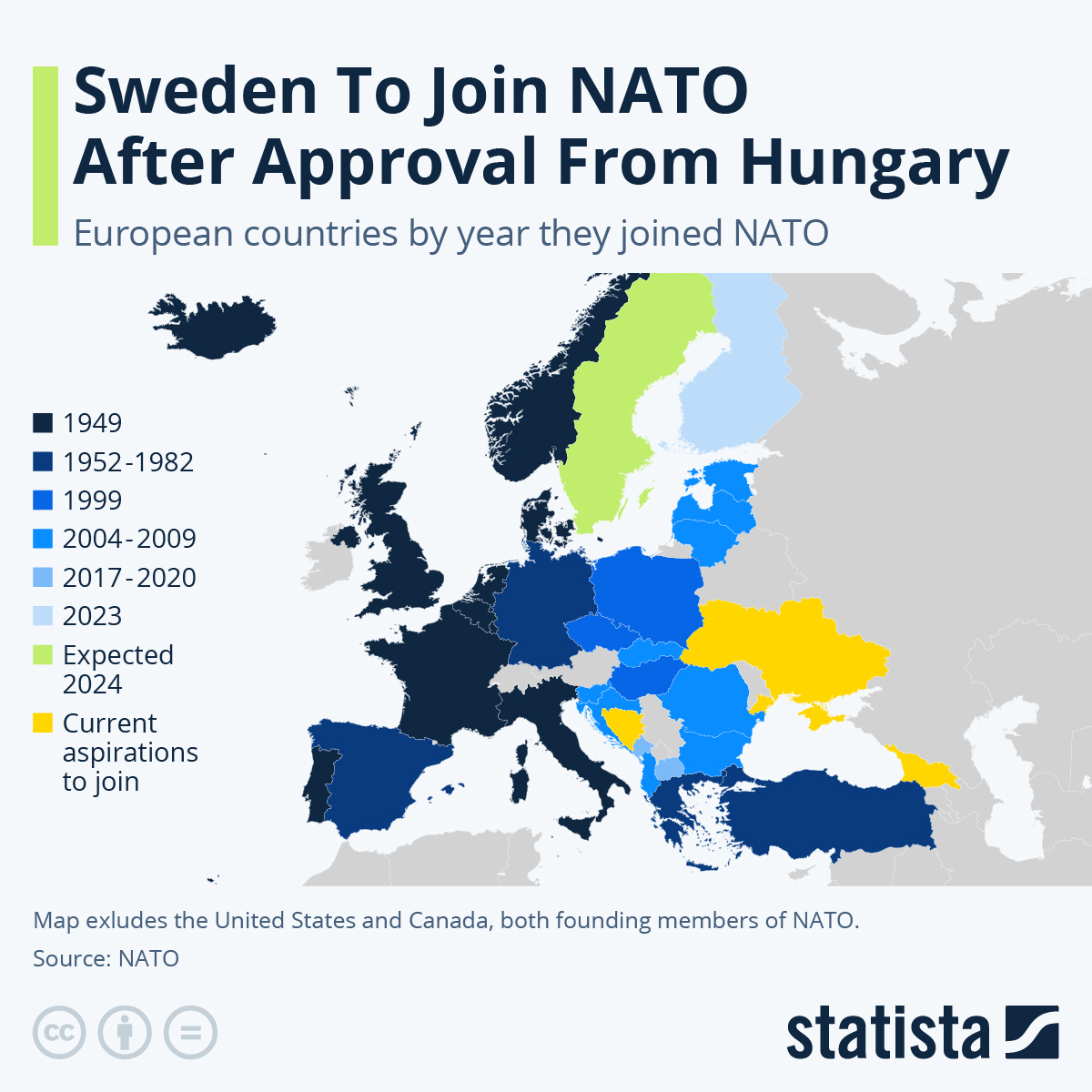


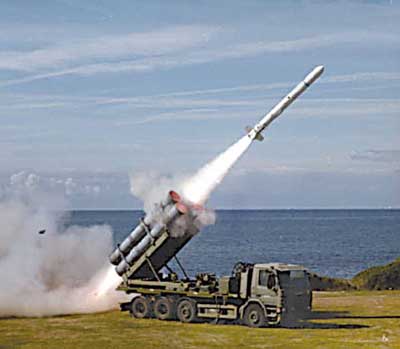
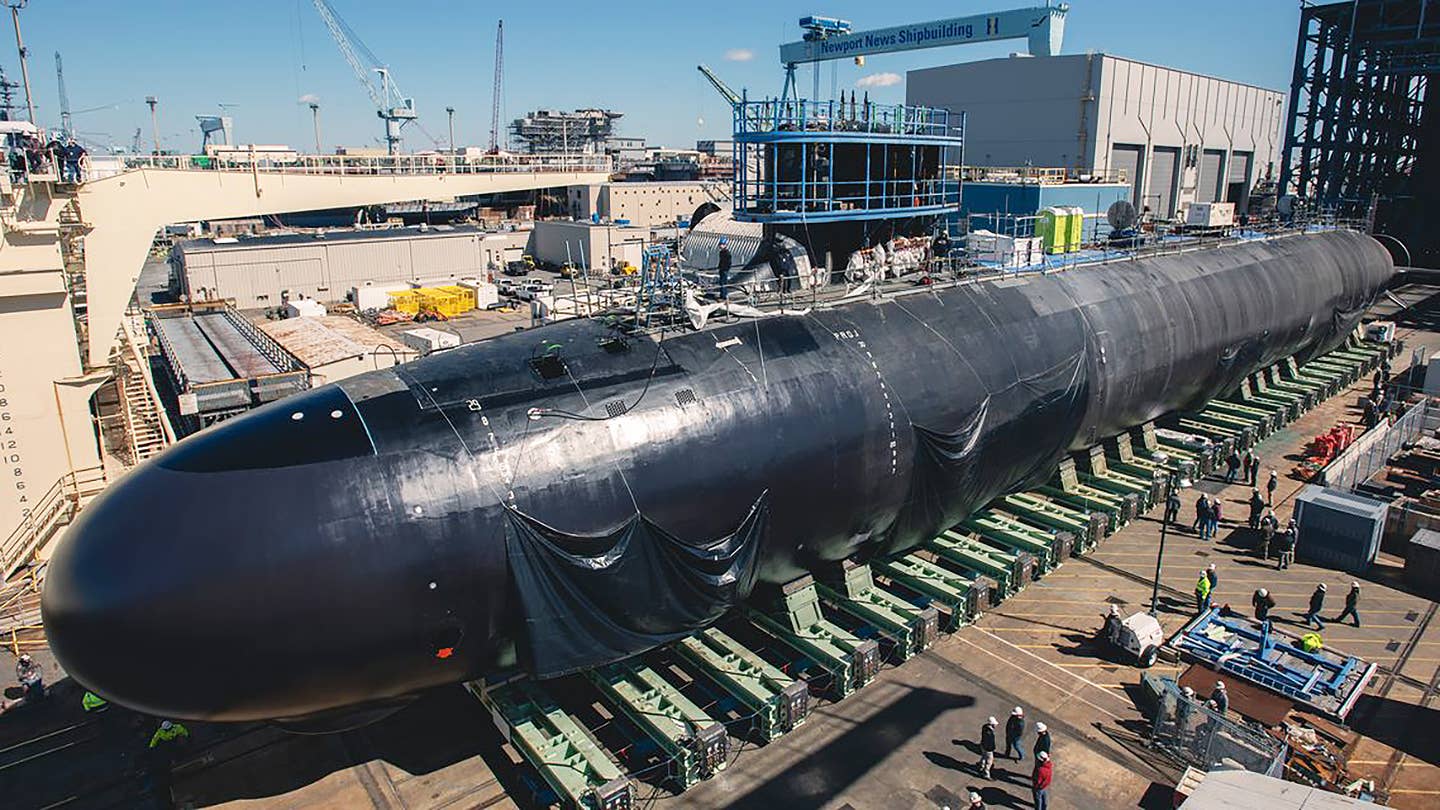


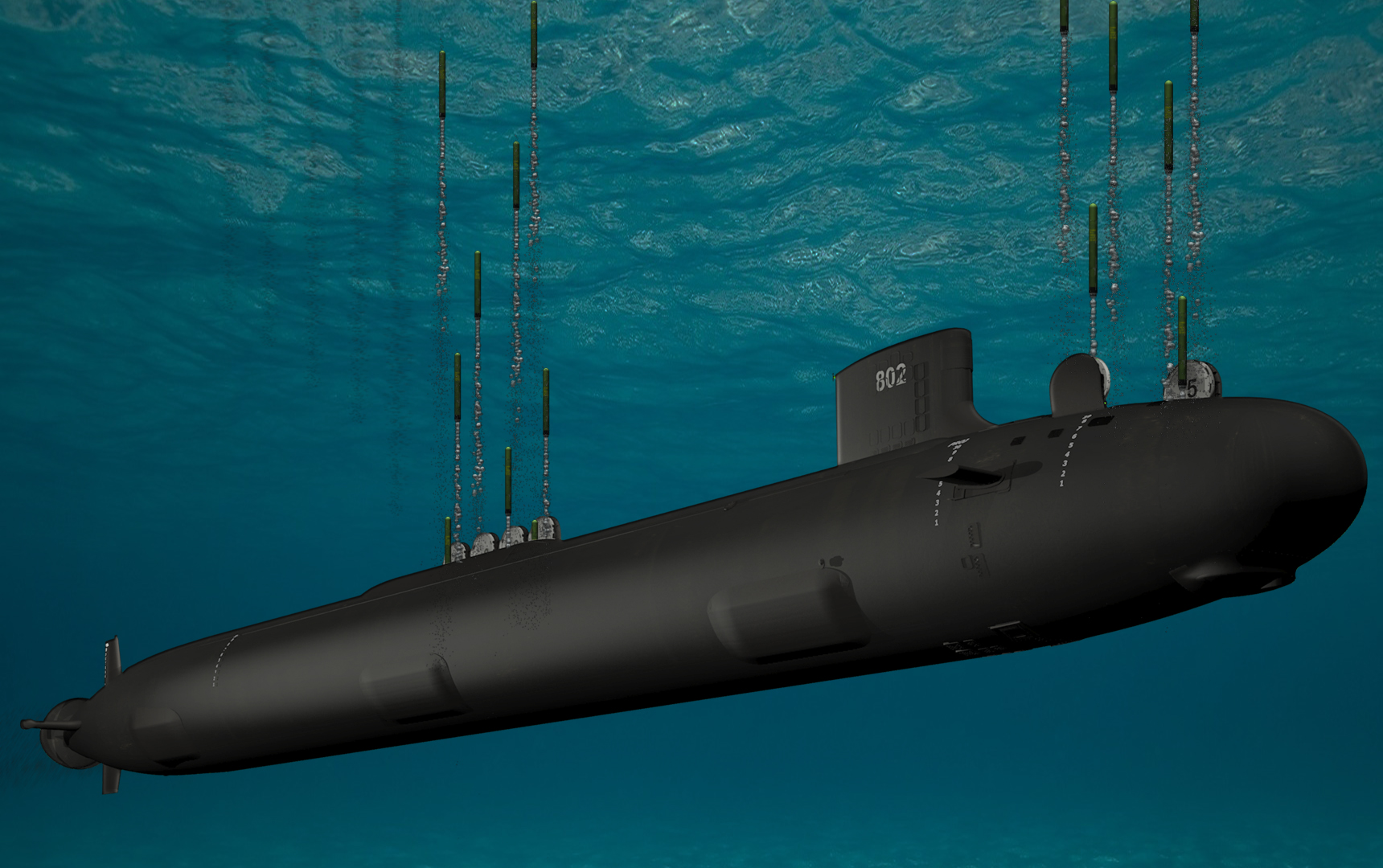


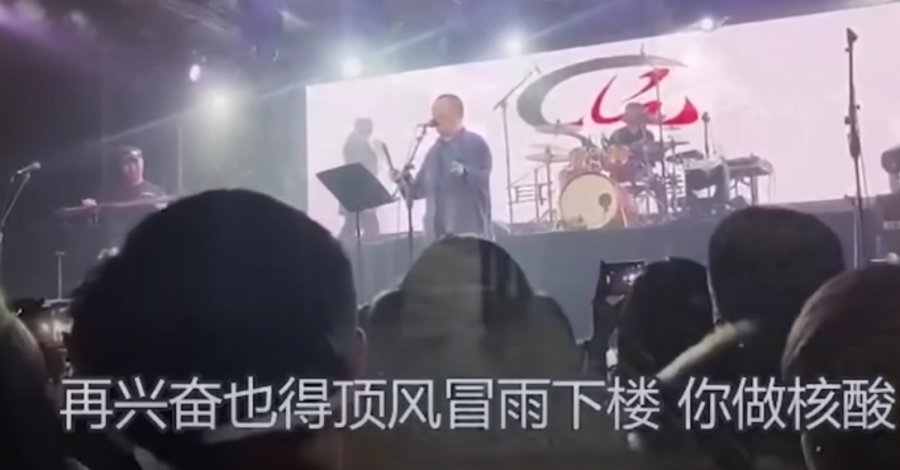
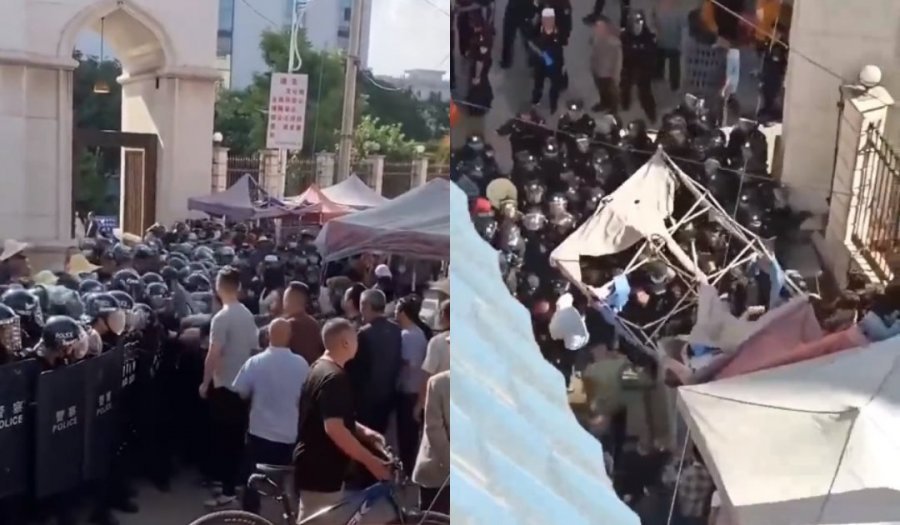

 有知名爱国博主发文表示,根据2019年的一份行政处罚决定书,纳家营清真寺属于未经批准的非法建筑。(图取自推特/李老师不是你老师)
有知名爱国博主发文表示,根据2019年的一份行政处罚决定书,纳家营清真寺属于未经批准的非法建筑。(图取自推特/李老师不是你老师)